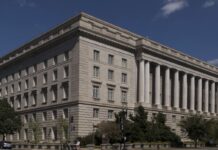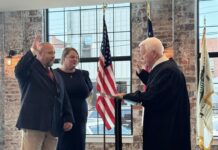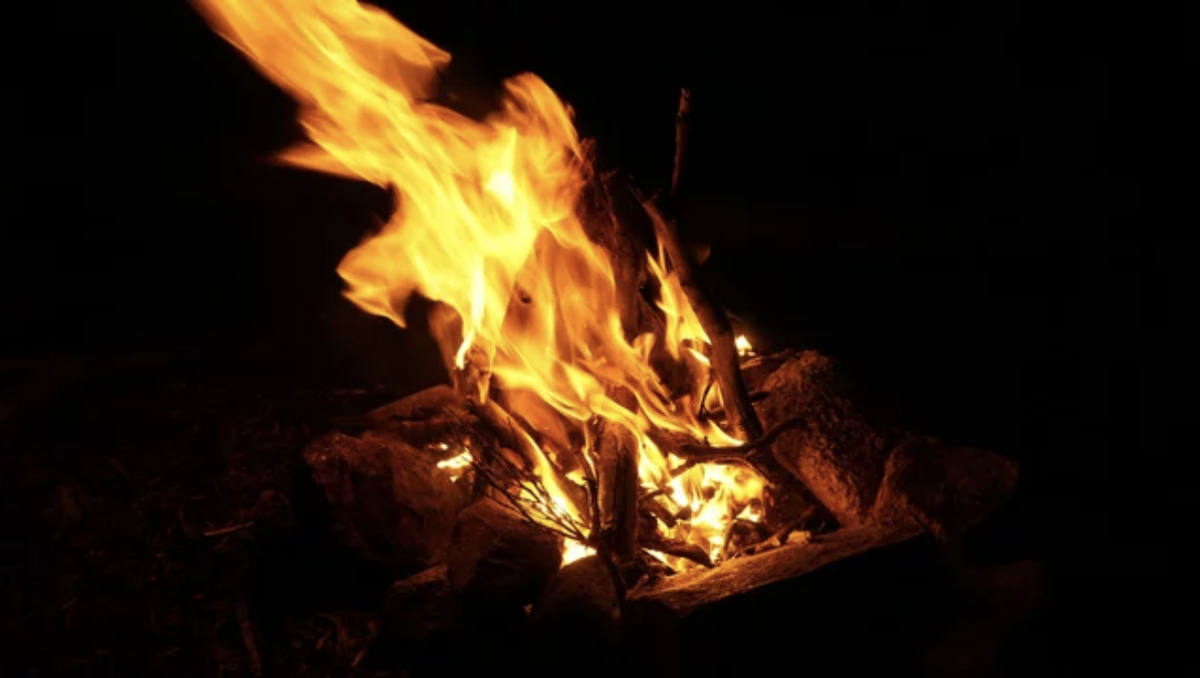
GAINESVILLE, Ga. — The USDA Forest Service is temporarily banning all campfires across the Chattahoochee-Oconee National Forest. The ban is now in effect and will continue through at least Dec. 16. It covers all three Ranger Districts on the Chattahoochee National Forest in North Georgia.
The fire ban prohibits the use of a fire or campfire, including charcoal-based fires or using fireworks. Commercially available fuel stoves are allowed, the Forest Service says.
High fire danger conditions
The ban was implemented in response to high fire danger resulting from the dry conditions caused by the severe drought and unseasonably warm temperatures in Georgia. The Forest Service ban is supported by several counties in North Georgia who already instituted local fire bans.
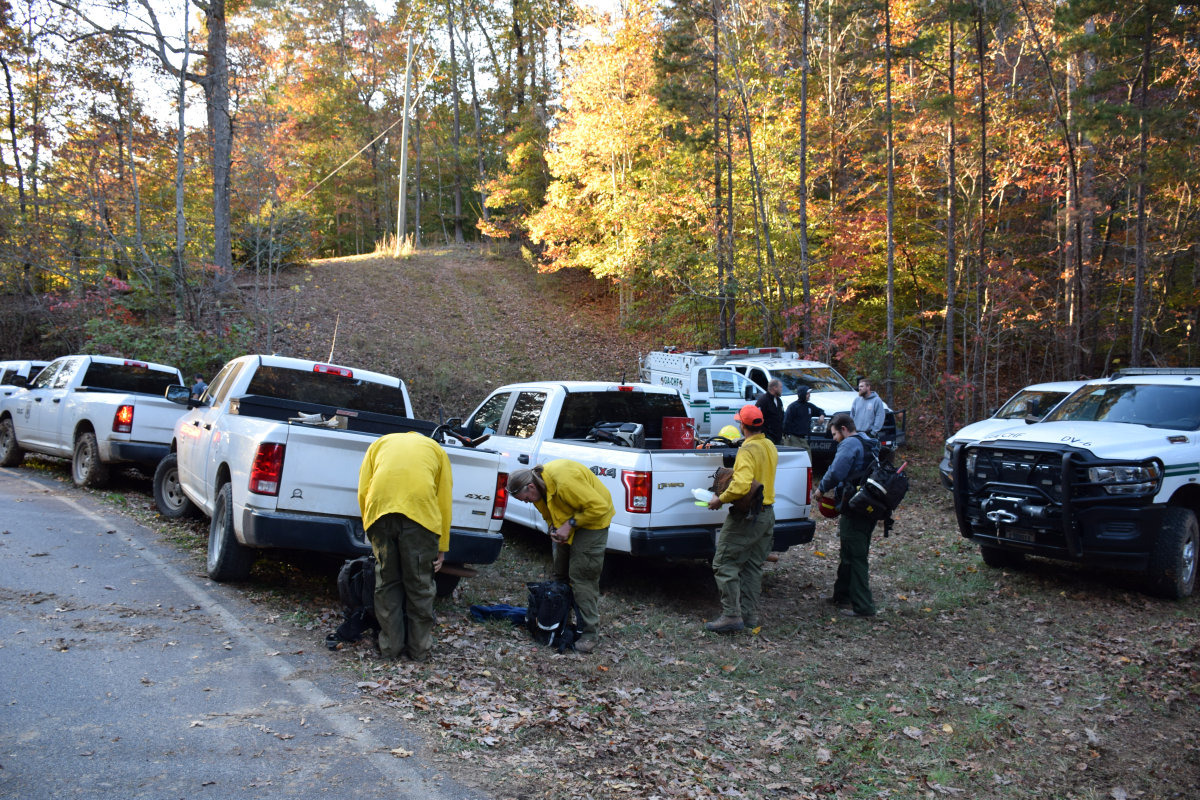
According to the Forest Service, most fires are human-caused. Fire bans are an effective tool to prevent wildfires.
“Most people are shocked when they hear how many wildfires happen here in the South,” says Forest Service Supervisor Judy Toppins. “Since November 1, there have been several fires on this national forest, as well as several large fires on adjacent private forests and on national forests in neighboring states.”
Fortunately, to date, forestry firefighters have been able to contain these fires before they grew too large. The Loudermilk Fire is one example. The blaze began in a remote area of the national forest near Mt. Airy and consumed 31 acres but was safely contained.
Minimizing risks
Fire management officer for the Chattahoochee-Oconee National Forest, Mike Davis, stresses the importance of following forest and county burn bans. During heightened wildfire season, residents should avoid burning. Davis recommends raking leaves and other yard debris out 30 feet from any buildings to minimize the risk of wildfire spreading to your home.
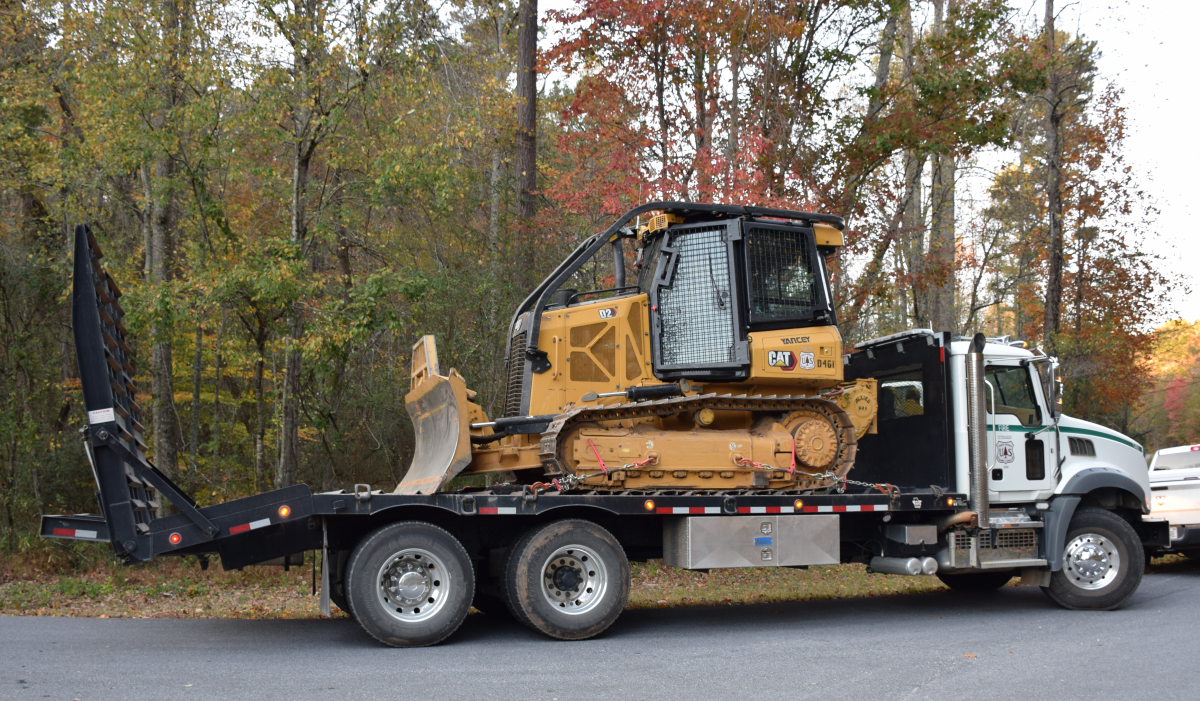
“Leaves and other dead plant debris are easy fuel for wildfires. Even with a bit of rain or fog in the morning, our warm, breezy days dry those smaller fuels out quickly,” says Davis. “It’s important that Forest visitors and residents of our neighboring communities take preventative actions now to reduce these hazardous fuels that can easily ignite with just one spark.”
On average, 87 percent of wildfires are caused by people. These fires happen when people burn debris, leave campfires unattended or even commit acts of arson. Fires also can be caused unintentionally by heat and sparks from vehicles and equipment.



